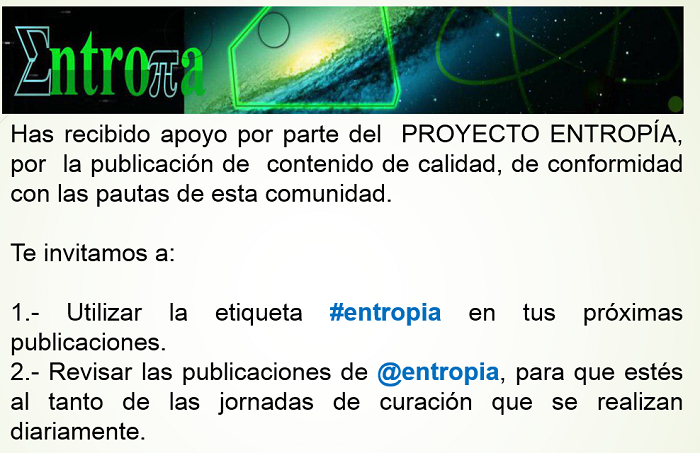🎲 𝐏𝐑𝐎𝐁𝐀𝐑, 𝐅𝐀𝐋𝐋𝐀𝐑, 𝐑𝐄Í𝐑𝐒𝐄 𝐘 𝐃𝐄𝐒𝐂𝐔𝐁𝐑𝐈𝐑.
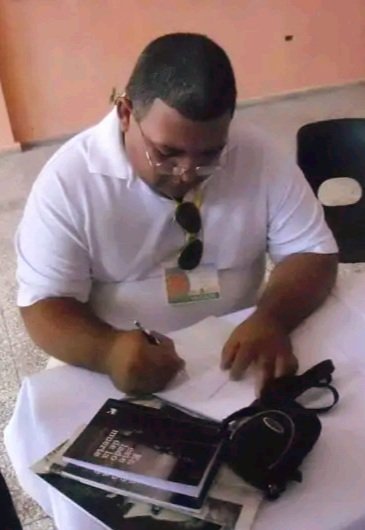
☘️ Saludos cordiales amigos de #holoslotus
"Elige jugar todos los días", así nos propone nuestra amada comunidad y sonrío. Y al hacerlo pienso que juego cada día. Y pienso que estaría fantástico si las entrañables @neuropoeta y @lacaracola quisieran sumarse a esta iniciativa que vence el 30 de junio.

Llevo más de 20 años escribiendo ficción, y para mí, la literatura siempre ha sido un gran juego. Me divierto imaginando personajes, diseñando peripecias y decidiendo finales como si estuviera moviendo piezas en un tablero infinito. Cada historia es una partida nueva, cada personaje un aliado o un rival inesperado, y cada giro narrativo una carta que puede cambiar el rumbo de la aventura.
Cuando era niño, inventaba amigos imaginarios. Ahora, hago lo mismo con mis personajes: les doy vida, les asigno motivaciones y los lanzo a situaciones límites para ver cómo reaccionan. A veces, se rebelan contra lo que había planeado para ellos, como si tuvieran voluntad propia. ¡Y eso es lo fascinante! Un buen personaje es como un jugador en una partida de ajedrez: impredecible, lleno de matices y capaz de sorprenderte en cada movimiento.

Todo juego tiene sus normas, pero lo más divertido es cuando las modificas. En la escritura pasa igual: la gramática, la estructura clásica y los géneros literarios son solo el punto de partida. Luego, puedes torcerlas, reinventarlas o ignorarlas por completo. ¿Quién dijo que una novela debe tener tres actos? ¿O que un villano tiene que ser malvado desde el principio? Jugar con las reglas es lo que hace único el acto de crear.
En los juegos, la suerte puede cambiar todo: un dado mal tirado, una carta inesperada. En la escritura, también hay espacio para el caos controlado. ¿Qué pasa si dejo que el subconsciente decida el próximo giro de la trama? ¿O si escribo una escena sin saber adónde va? A veces, los mejores momentos literarios surgen de esos "accidentes" que, en realidad, son el juego manifestándose.
Cuando escribí Convite de Cenizas, me divertí diseñando un tablero de juego donde cada personaje era una ficha. Me fascinaba la idea de que la memoria actuara como un jugador, revelando pedazos de verdad y ocultando otros. Yo mismo me sorprendía al descubrir cómo los secretos de mis personajes se entrelazaban, como si el libro estuviera jugando conmigo mientras yo jugaba con él. La ceniza se convirtió en mi metáfora favorita.
Con Tras la Piel, quise crear un juego de máscaras donde ni siquiera yo, como autor, tuviera todo el control. Hubo momentos en que los personajes se rebelaron contra mis planes, tomando decisiones, a veces, arriesgadas. Recuerdo especialmente a un protagonista que, hacia la mitad del libro, decidió cambiar de identidad por su cuenta, dejándome con la misma perplejidad que un jugador que descubre que su contrincante ha cambiado las reglas a mitad de la partida. Fue caótico, pero hermoso: la historia ganó vida propia.
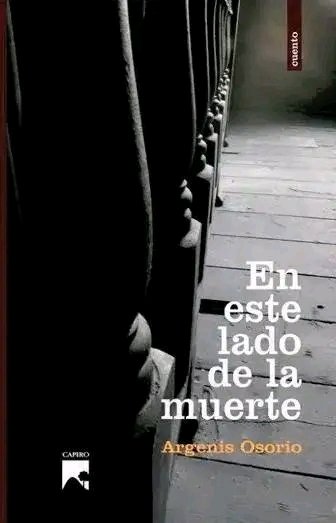
Este lado de la muerte es un libro que fue mi experimento más lúdico. Me propuse escribir como si lanzara dados para cada giro argumental, dejando que el azar influyera en el destino de los personajes. A veces me preguntaba: "¿Y si hoy escribo que este personaje muere? ¿O que, en realidad, ya estaba muerto desde el principio?" Esas decisiones caprichosas, casi como un juego, le dieron a la historia una textura impredecible. Los lectores me han dicho que sienten que están resolviendo un enigma mientras leen, y eso es exactamente lo que quería: que jugáramos juntos.
Escribí La sangre del Marabú como quien hurga en una cicatriz: con esa mezcla de dolor y fascinación que provoca revolver el pasado. El marabuzal no era solo un escenario, sino un jugador más en mi historia, un antagonista que crecía igual que mis recuerdos, enredado, indomable. Cada capítulo se abría paso entre esas ramas espinosas: algunas heridas valían la pena si al final encontraba la fruta escondida.
Mi niñez al Oriente de Cuba, fue una partida donde las reglas cambiaban todo el tiempo. El marabú se convirtió en la metáfora perfecta: como esos árboles que devoran campos enteros, los recuerdos invadían el presente sin permiso. Inventé un juego al escribir: por cada escena autobiográfica que incluía, añadía una ficción como contrapeso. Así equilibré la partida—para que la verdad no me ganara.
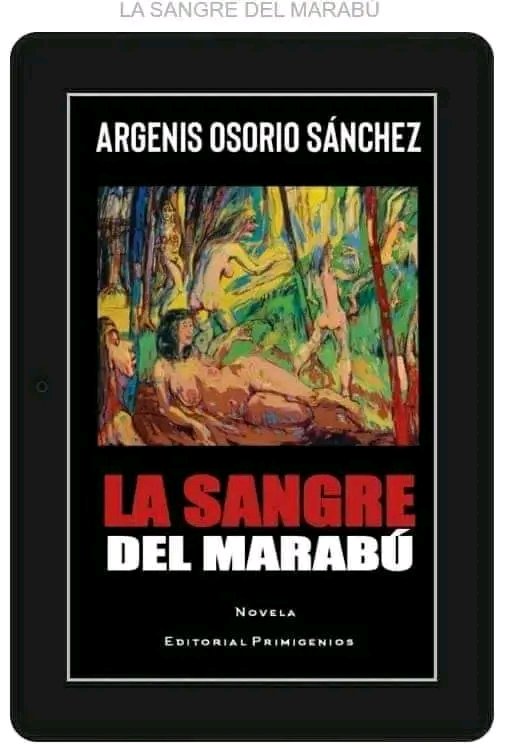
Descubrí que ese arbusto era mi mejor aliado narrativo. Sus espinas se volvieron metáforas, sus flores amarillas, destellos de belleza en medio del caos. Hasta su resistencia se convirtió en un guiño: el marabú sobrevive a todo, igual que los niños que crecemos entre cicatrices.
Terminar la novela fue como encontrar la salida del marabuzal: aliviado, pero extrañando el peligro. Confieso que inventé un final que la vida real me negó, un cierre redondo donde las espinas, al menos en el papel, daban frutos dulces. Los lectores creen que escribí sobre Cuba, pero en realidad estaba jugando una partida contra mí mismo. Y esta vez, gané. O eso creo.
En un juego, no siempre ganas. A veces pierdes, y eso te obliga a intentarlo de nuevo. En la escritura, el equivalente son los borradores descartados, las escenas que no funcionan o los finales que hay que rehacer. Pero en lugar de frustrarte, puedes verlo como parte de la diversión.
Escribir es un acto solitario, pero el resultado es un juego que se puede compartir. Los talleres literarios son espacios donde todos aportan; los lectores son jugadores que interpretan tu historia a su manera. Y cuando alguien te dice "ese personaje se parece a mí", es como si hubieran entrado en tu juego y lo hicieran suyo.
De niños, jugábamos sin miedo al ridículo. Pero de adultos, muchos pierden esa libertad, incluso en la creatividad. Se obsesionan con "escribir bien", con seguir fórmulas, con el éxito. Pero la literatura, en su esencia, debería ser siempre un juego: un espacio donde probar, fallar, reírse y descubrir.

Aunque mis libros exploran temas oscuros, nunca he dejado de acercarme a ellos con esa curiosidad infantil que convierte cualquier cosa en un juego. Cuando escribo, me siento como cuando era niño inventando historias: los personajes son mis muñecos, las tramas mis aventuras imaginarias. La única diferencia es que ahora mis juguetes sangran, aman y mueren. Pero el placer es el mismo: ese asombro de ver cómo las piezas cobran vida y empiezan a moverse solas.
Lo más gratificante ha sido ver cómo los lectores se apropian del juego. Algunos me han escrito diciendo que han releído Tras la Piel buscando pistas ocultas, como si el libro fuera un acertijo. Otros han debatido furiosamente sobre el final de En Este Lado de la Muerte, cada uno convencido de que su interpretación es la correcta. Eso me hace feliz, porque significa que el juego sigue vivo incluso después de que yo he terminado mi turno.
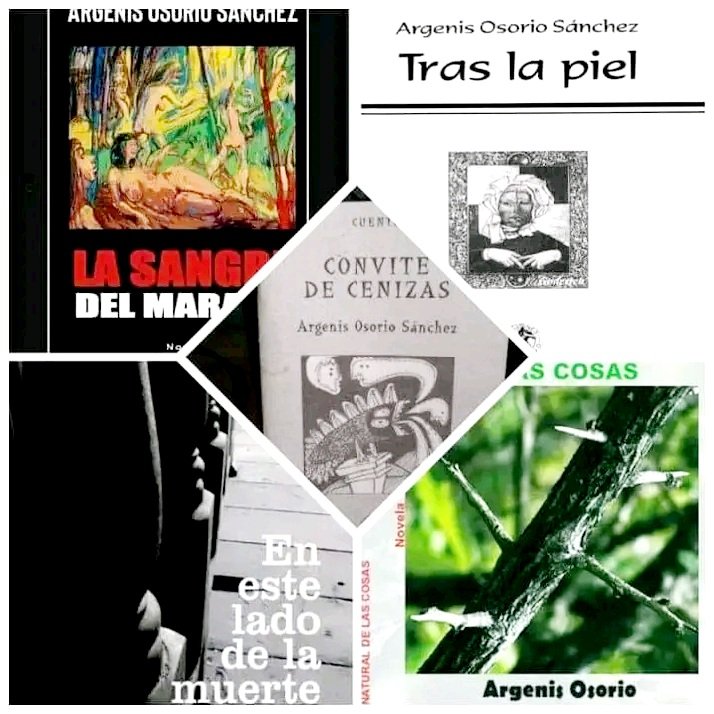
Ahora mismo estoy jugando con una idea nueva: una historia donde los límites entre autor, personaje y lector se difuminan. ¿Qué pasaría si un personaje supiera que está siendo escrito? ¿Si intentara cambiar su destino rebelándose contra mí? Es peligroso, porque el juego podría volverse en mi contra... pero eso es lo emocionante.
🤝 𝐆𝐑𝐀𝐂𝐈𝐀𝐒 𝐏𝐎𝐑 𝐕𝐈𝐒𝐈𝐓𝐀𝐑 𝐄𝐒𝐓𝐀 𝐏𝐔𝐁𝐋𝐈𝐂𝐀𝐂𝐈Ó𝐍
☘️ © Contenido Original. Imágenes de mi Propiedad
☘️ Versión al inglés con Traductor de Google
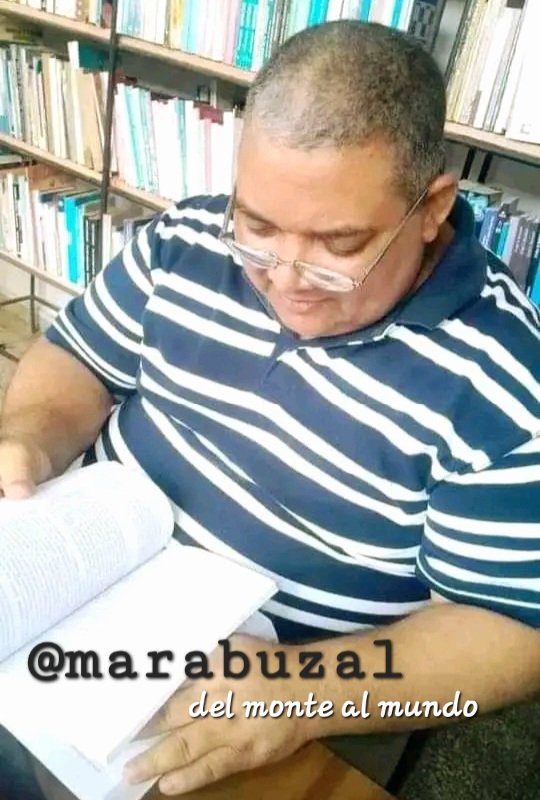


🎲 TRY, FAIL, LAUGH, AND DISCOVER.

☘️ Warm greetings, friends of #HolosLotus
"Choose to play every day," our beloved community suggests, and I smile. Because I realize—I do play every day. And I think it would be wonderful if the dear @neuropoeta and @lacaracola joined this initiative, which ends on June 30th.

I’ve been writing fiction for over 20 years, and to me, literature has always been a grand game. I have fun imagining characters, designing twists, and deciding endings as if moving pieces on an infinite board. Every story is a new match, every character an ally or an unexpected rival, and every narrative turn a card that can change the course of the adventure.
As a child, I invented imaginary friends. Now, I do the same with my characters—I give them life, assign them motivations, and throw them into extreme situations to see how they react. Sometimes, they rebel against what I had planned for them, as if they had their own will. And that’s the magic! A good character is like a chess player: unpredictable, nuanced, and capable of surprising you with every move.

Every game has rules, but the real fun begins when you bend them. Writing is the same—grammar, classic structure, and literary genres are just the starting point. Then, you can twist them, reinvent them, or ignore them entirely. Who said a novel must have three acts? Or that a villain must be evil from the start? Playing with the rules is what makes creation unique.
In games, luck can change everything—a bad dice roll, an unexpected card. In writing, there’s also room for controlled chaos. What if I let my subconscious decide the next plot twist? Or if I write a scene without knowing where it’s going? Sometimes, the best literary moments come from these "accidents"—the game revealing itself.
When I wrote Convite de Cenizas (Feast of Ashes), I enjoyed designing a game board where each character was a piece. I was fascinated by the idea of memory acting as a player, revealing fragments of truth while hiding others. I even surprised myself by discovering how my characters’ secrets intertwined—as if the book were playing with me while I played with it. The ash became my favorite metaphor.
With Tras la Piel (Behind the Skin), I wanted to create a mask game where even I, the author, didn’t have full control. There were moments when the characters rebelled against my plans, making risky decisions. I remember one protagonist who, halfway through the book, decided to change identities on his own—leaving me as perplexed as a player realizing their opponent changed the rules mid-game. It was chaotic but beautiful: the story gained a life of its own.

Este Lado de la Muerte (This Side of Death) was my most playful experiment. I wrote as if rolling dice for every plot twist, letting chance influence the characters’ fates. Sometimes I’d ask: "What if today I write that this character dies? Or that they were already dead from the beginning?" Those whimsical decisions—almost like a game—gave the story an unpredictable texture. Readers have told me they feel like they’re solving a riddle while reading, and that’s exactly what I wanted: for us to play together.
I wrote La Sangre del Marabú (The Blood of the Marabú) like someone picking at a scar—with that mix of pain and fascination that comes from stirring the past. The marabú thicket wasn’t just a setting; it was another player in my story, an antagonist growing like my memories—tangled, untamable. Each chapter fought through those thorny branches: some wounds were worth it if, in the end, I found the hidden fruit.
My childhood in eastern Cuba was a game where the rules kept changing. The marabú became the perfect metaphor: like those trees that devour entire fields, memories invaded the present uninvited. I invented a writing game—for every autobiographical scene I included, I added a fictional counterbalance. That’s how I leveled the playing field—so the truth wouldn’t defeat me.

I discovered that this stubborn shrub was my best narrative ally. Its thorns became metaphors; its yellow flowers, flashes of beauty in chaos. Even its resilience became a wink—the marabú survives everything, just like children who grow up among scars.
Finishing the novel felt like finding the way out of the thicket—relieved, yet missing the danger. I’ll confess: I invented an ending that real life denied me, a neat closure where the thorns, at least on paper, bore sweet fruit. Readers think I wrote about Cuba, but really, I was playing a game against myself. And this time, I won. Or so I believe.
In a game, you don’t always win. Sometimes you lose, and that forces you to try again. In writing, the equivalent is discarded drafts, scenes that don’t work, or endings that need rewriting. But instead of frustration, you can see it as part of the fun.
Writing is solitary, but the result is a game meant to be shared. Literary workshops are spaces where everyone contributes; readers are players who interpret your story their own way. And when someone says, "That character feels like me," it’s as if they’ve joined your game and made it theirs.
As children, we played without fear of ridicule. But as adults, many lose that freedom—even in creativity. They obsess over "writing well," following formulas, chasing success. But literature, at its core, should always be a game—a space to try, fail, laugh, and discover.

Though my books explore dark themes, I’ve never stopped approaching them with that childlike curiosity that turns everything into play. When I write, I feel like that kid inventing stories—my characters are my dolls, my plots my imaginary adventures. The only difference? Now my toys bleed, love, and die. But the joy is the same—that awe of watching the pieces come alive and move on their own.
The most rewarding part has been seeing readers join the game. Some have reread Tras la Piel hunting for hidden clues, as if the book were a puzzle. Others have fiercely debated the ending of Este Lado de la Muerte, each convinced their interpretation is right. That makes me happy—because it means the game lives on even after my turn is over.

Right now, I’m playing with a new idea—a story where the lines between author, character, and reader blur. What if a character knew they were being written? What if they tried to change their fate by rebelling against me? It’s dangerous—the game could backfire—but that’s what makes it thrilling.
🤝 THANK YOU FOR VISITING THIS POST
☘️ © Original Content. Images are my own.
☘️ Translated to English via Google Translate.


